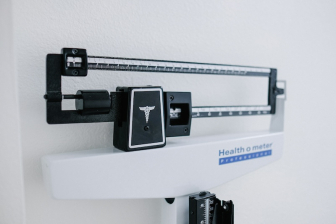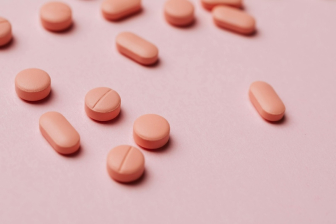Why is there often a substantial delay in getting access to new medicines – even after they are approved?
Last updated: 01 November 2019

You can legally access new medicines, even if they are not approved in your country.
Learn how
An important topic for patients but one which is still relatively unknown, is ‘market access delay’. This is the period between national approval of a medicine (by the relevant medical authority) and availability for patients.
Every day counts for patients and these delays put people's lives in unnecessary jeopardy. We help patients access new medicines that are approved by any major country - and we strive to make novel new treatments available in as little as two weeks after approval. In reality, many countries see delays of up to three years.
“Traditional market access involves a pharmaceutical company making detailed plans to present, distribute and promote their new medicine in each country. For many independent non-EU countries like Turkey, this can mean an additional two to three year delay for novel new medicines,” says everyone.org’s medicines sourcing manager, Sera.
Sera comes from Turkey and trained as a chemical engineer before completing an MBA at Istanbul Technical University. At everyone.org she ensures we source the latest medicines and have the best suppliers. Her focus is to continually ensure low prices and a high availability of the medicines.
"As a global patient platform we strive to deliver the best available prices and build a wide network of suppliers so we can ship medicines to patients as quickly as possible,” Sera states. “We only use suppliers who have a GDP (Good Distribution Practice) license and seek to assess their reputation and historical performance by references from other clients. Speed is essential, especially when specialising in neurodegenerative, oncologic, and rare diseases."
everyone.org believes everyone has the right to access the best healthcare - and that many of the delays we see today can be improved upon.
One of the biggest causes of delays for new medicines is 8 - 12 years of research and development, where regular regulatory submittals create additional administrative delays. Yes, safety is essential - but so is the speed of development, of releasing a new cure for patients. At the market approval stage, the last stage of the drug development process, authorities have refined their approval processes significantly but they are still not working in harmony. For market pricing, often a national medical authority decides what the price will be; especially in places where medicines receive government reimbursement (for example in France and Germany) and this adds further delays. The high price of many new treatments is a major concern. The European Commission has already voiced its fear about the unsustainable cost of new drugs across European Union (EU) member countries and the potential impact on patient access to life-saving medicines.
"For Turkey," says Sera "they must find balance between the need to use effective medicines vs the real cost of care. In Turkey, for example, where the median monthly salary is only 5,250 Turkish Lira, a 1,000 euro treatment is a high priced 4,500 Lira."
The good news is that the rise of lobbies such as the 'engaged patient' movement have shown that patients are a formidable force in helping to shape healthcare. The issue of delayed access is one that everyone.org seeks to overcome in collaboration with these patient groups. Indeed, we have a history of working successfully with patient organisations, such as with the National Patients Organisation of Bulgaria earlier this year and with ALS groups in Australia.
Sera sums it up: "I see it as a two-pronged approach – patient groups help muster 'patient power' for lobbying, campaigning and coordinating information, and everyone.org provides a universal platform for connecting people to the latest approved medicines from anywhere in the world."
Interested in knowing how you can order approved medicines using our service? - check out our easy video introduction.




